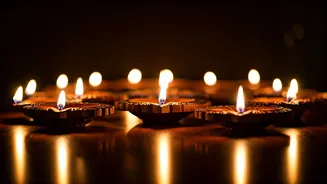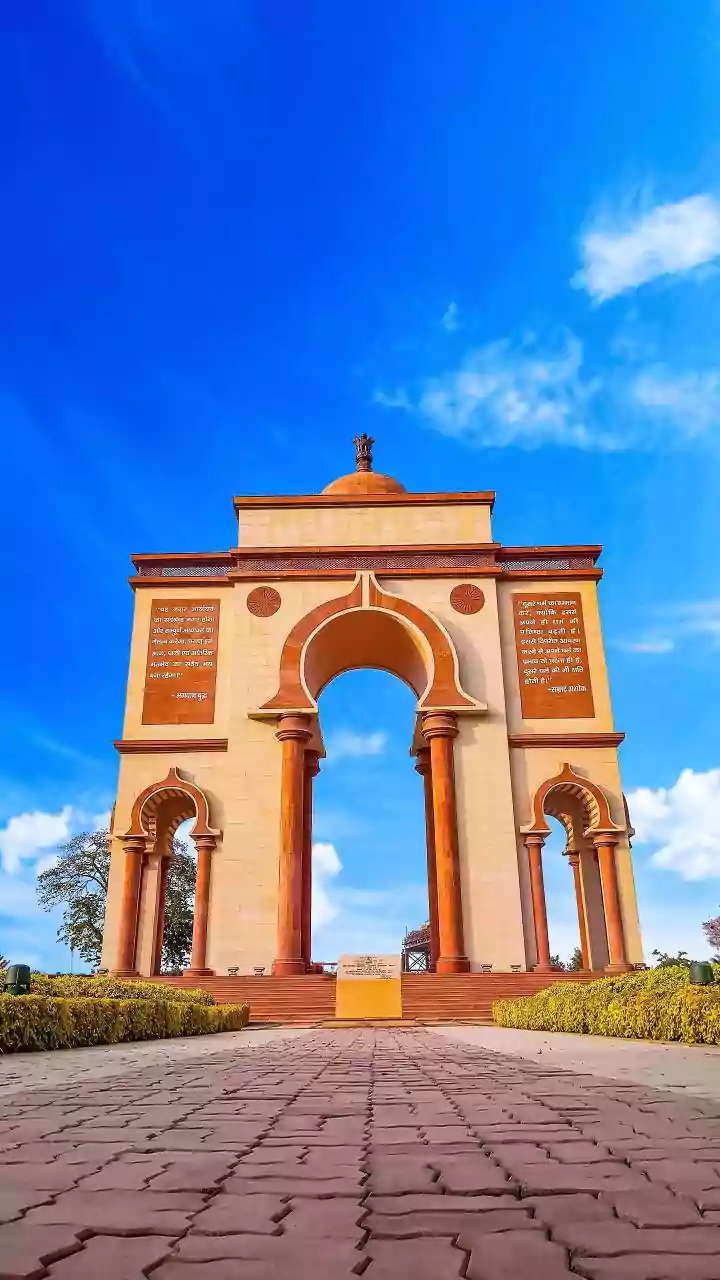Diwali's Precise Date
Deciding the exact date of Diwali involves understanding the intricacies of the Hindu lunar calendar. Diwali 2025 is a festival celebrated on either October
20 or October 21. Determining the correct date depends on the Amavasya tithi, the new moon day, which is the cornerstone of the celebration. The specific observance hinges on when the Amavasya begins and ends. The date is a crucial factor, especially when planning puja ceremonies and coordinating festive activities. It is essential to consult a reliable source to ascertain the confirmed date of Diwali each year. Furthermore, the decision on the precise date has ramifications, impacting the timings of the rituals and the festivities' overall schedule.
City-Wise Muhurat Timings
Puja timings, also known as Muhurat timings, differ across various cities in India due to variations in geographical locations. These timings are pivotal for performing the Lakshmi Puja, a central aspect of Diwali celebrations. Each city will have its unique set of timings. The duration of the puja depends on the local sunrise and sunset. Resources like online calendars and local pandits offer precise timings specific to a city. Individuals must consult these sources to ensure they perform the puja at the most auspicious time. This localized approach is rooted in the belief that performing puja at the optimal time invites blessings. As such, the local timings are essential for maximizing the spiritual benefits of the Diwali celebration.
Diwali Puja Rituals
Diwali is marked by elaborate puja rituals. The Lakshmi Puja is among the most important, devoted to Goddess Lakshmi, the deity of wealth and prosperity. The puja begins with cleaning the home and setting up an altar. The altar includes idols or images of Lakshmi and Lord Ganesha, along with lamps, flowers, and sweets. The ritual includes specific mantras, offerings, and prayers intended to invite prosperity into the home. Diyas (oil lamps) are lit and placed strategically around the home to welcome the goddess. Following the Lakshmi Puja, families often engage in exchanging gifts and sharing festive meals. These practices together constitute a holistic Diwali celebration, symbolizing prosperity and spiritual growth.
Regional Diwali Traditions
India celebrates Diwali in a multitude of ways. In Goa, a unique tradition involves massive crowds, DJs, drone displays, and effigies powered by hydraulics. These effigies represent the demon king, symbolizing the victory of good over evil. The state's Diwali celebrations showcase a modern twist while preserving traditional roots. In other regions, customs may differ. For instance, some communities may observe the festival with specific rituals, while others concentrate on the preparation of specific sweets and dishes. These regional variations enrich the fabric of Indian culture. Every state, city, and family puts a unique spin on the celebrations. These practices vary considerably across the nation, making Diwali a diverse and inclusive festival.
Wishes and Greetings
Diwali is a time for spreading joy and well-wishes among friends and family. People convey their greetings via messages, images, and various social media platforms. Sharing Diwali wishes is a way of expressing affection, blessings, and goodwill. These wishes often contain messages of prosperity, happiness, and good health. With the rise of digital platforms, customized Diwali greetings are increasingly popular. People create personalized messages and share them across various social media channels, including WhatsApp, Instagram, and Facebook. The exchange of greetings strengthens bonds and spreads the festive spirit. Through these exchanges, the spirit of Diwali, centered on positivity and togetherness, is shared widely.




















